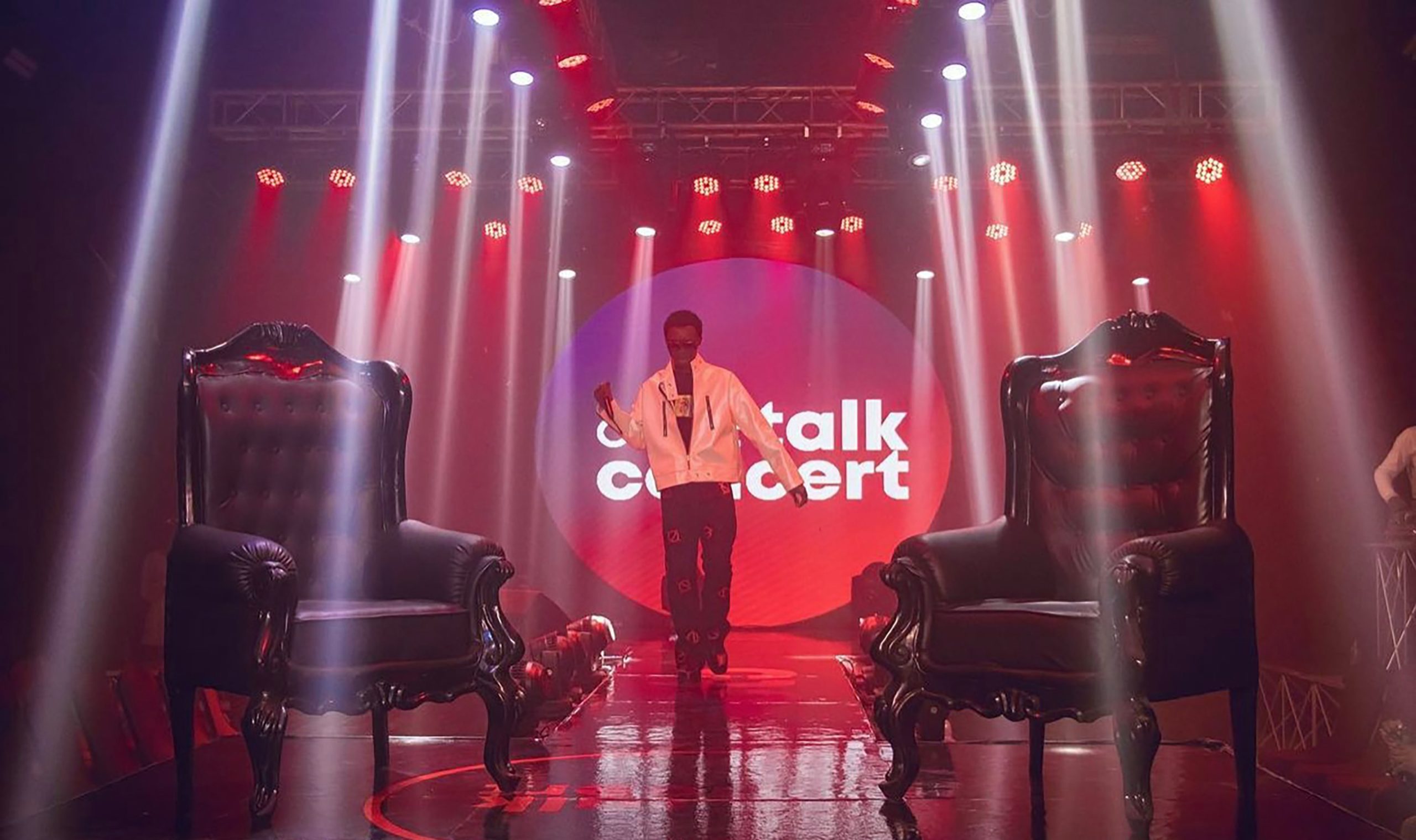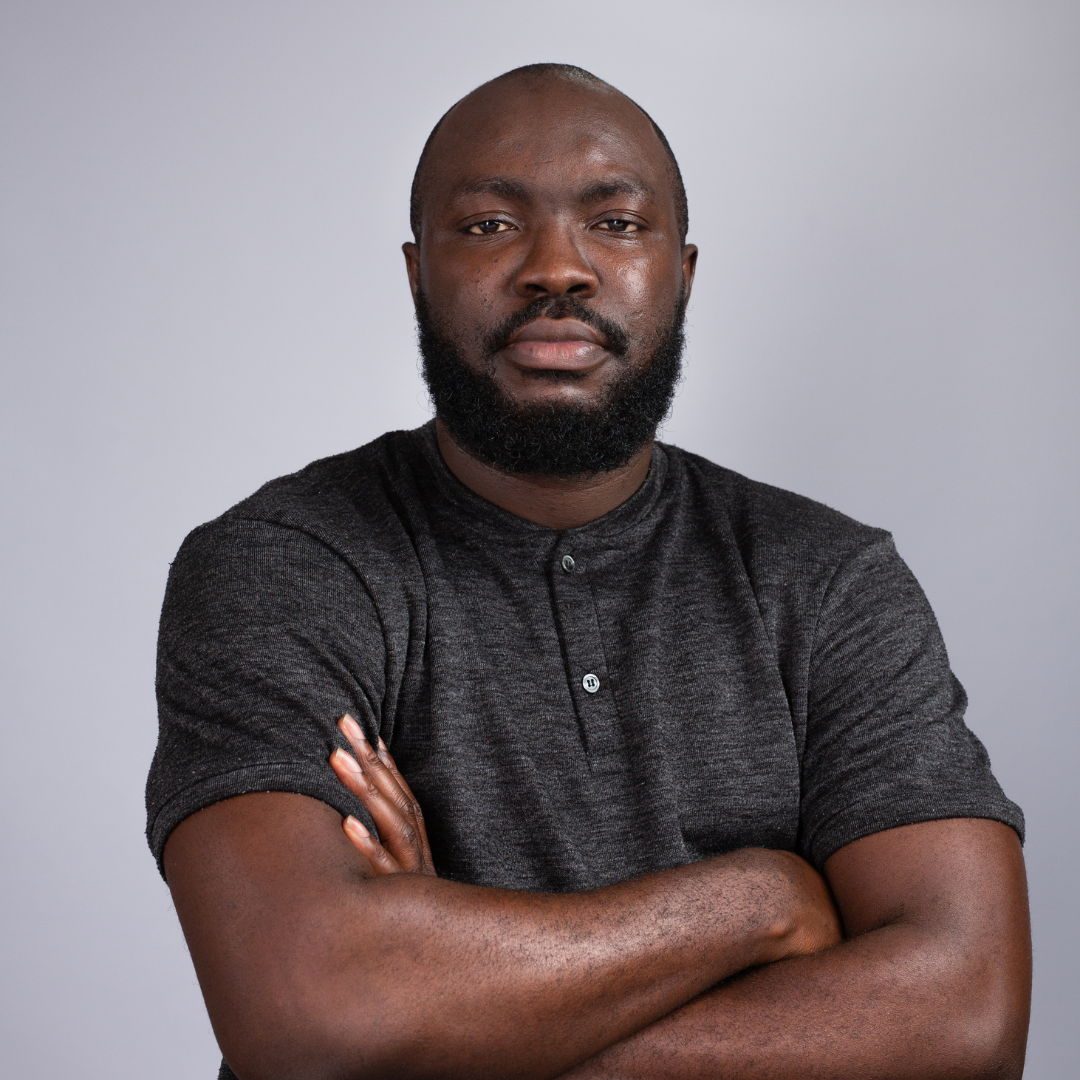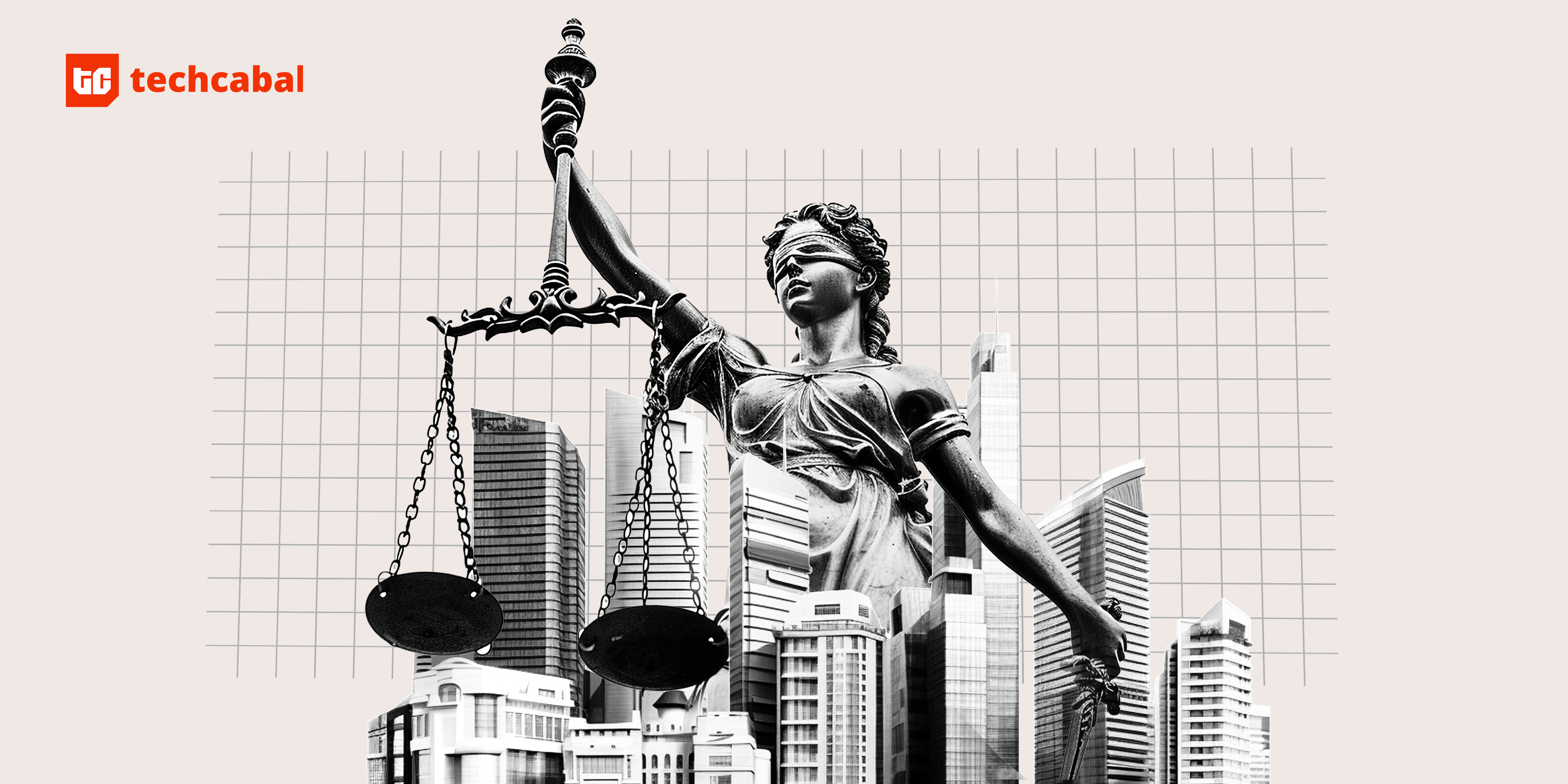Nigeria’s films were once regarded as the country’s most significant cultural export. But ask anyone these days, and they’ll tell you it’s Afrobeats. It has birthed global stars from Nigeria and one Netflix documentary. The genre is gaining global appeal, with a Grammy award win for Burna Boy and the Grammy awards considering an Afrobeats category. So there’s a ton of money to be made if you find and fund the next big Afrobeats star. That argument has led to many failed record labels. Still, some argue that the real problem is that record labels are restrictive. They believe that a newer, more democratic way of funding artists is a workable model.
But let’s back up and see how much money is on the table. Nigeria’s “Big Three” are Burna Boy, Davido, and Wizkid. This article estimates Davido’s performance fee to be $300,000, while Burna commands a $500,000 appearance fee. These fees are exclusive of “riders”, an industry term that means an array of asks that artists make from wanting private jets or posh rooms filled with alcohol.
Ready to bet on the next big star?
The idea that listeners and fans should fund creators and artists they believe in is familiar; platforms like Patron, Indiegogo, and Kickstarter allow musicians to raise money quickly. In a competitive music industry, artists need more than talent and a great team to succeed. Finance is essential if you hope to break through the noise, and this is where platforms come in. Patreon, for instance, allows the artist to give exclusive content in exchange for the money raised. Amanda Palmer, a musician on Patreon, has eight membership levels for fans, ranging from $1 to $250 a month.
In Africa, these platforms have yet to find popularity. It’s tempting to say that disposable income in Africa is low and cite that this is a continent where we’re still struggling to onboard people to Spotify. What’s closer to the truth is that Africa is a different market. Knowing the peculiarities may be the key to success for these “fund an artist to earn royalties” models.
Read also: With low prices and trust, what’s next for African crypto startups and creators?
Will you fund artists for the chance to earn part of their royalties?
This week, Artsplit, the Art investment company, announced the launch of MusicSplit. It’s a product that allows fans to buy shares of songs of the afrobeats artists, starting with KingPerry. The company says, “It’s a win for all; your fav gets the required funding to create great music for your enjoyment, and you earn passive income and high-yielding returns from the project streaming revenues.”
This idea of funding songs or artists in exchange for returns is familiar in Africa. In 2021, TechCabal wrote about Mr Eazi after the musician tweeted that for his next album, he would allow his fans to buy shares for the songs. Per his tweet: “Imagine you had a % of my last song with Nicki or my new single “LENTO “ with Jbalvin!!! As u stream u make it a hit, some of the $ comes to you! But most importantly you are a true part of the Global Smash Hit you helped create.”
The complex math of royalties
Mr. Eazi’s proposal was for his fans to buy “shares” of his songs and then split the earnings from royalties with them (here’s a short article on the types of royalties in music). Although it’s unclear if Mr Eazi went ahead with his experiment, this could have been a good deal for his fans, given his popularity. And this is where it gets tricky for lesser-known artists.
Edwin Madu, a musician and now label owner, tells TechCabal that “royalties from streaming are not the money-making game many people believe them to be. You’ll need to enter the region of millions of streams to earn something decent”. The exact math of streaming royalties also differs depending on where the streams are from or if users are on paid or free plans.
What’s clear is that the return on investment is tied to the artists’ ability to grow a community of loyal listeners and channel that into growing their streaming numbers. According to Oyinkansola “Foza” Fawehinmi, a lawyer and entertainment business executive, this business model will work for artists ready to do the work. She argues that these artists have something else on their side: the emotion that art evokes.
Throw out the maths; art is emotional.
According to Foza, Nigerians have supported and funded artists and creators offline. “Native Magazine grew because of their community; people subscribed to it, and they were able to grow over the years. The alte music movement is another example: funding or supporting artists you love has always been a thing, technology and platforms are only putting a name to it.”
But she notes that while technology provides the platform, guarantees accountability and works out the maths of projecting the future earnings capability of every artist, there’s an intangible element. “The artist is appealing to the emotion of people to come and support their art, and art is emotional.”
The breadth of emotions on show at concerts makes her point easy to understand. Beyond being great at music or arguments about the business model of splitting, success will come down to the ability of artists to turn those screams and tears of excitement at concerts into hands willing to open their purses to fund the next big Afrobeats star.






















